Varieties and selection of video cameras
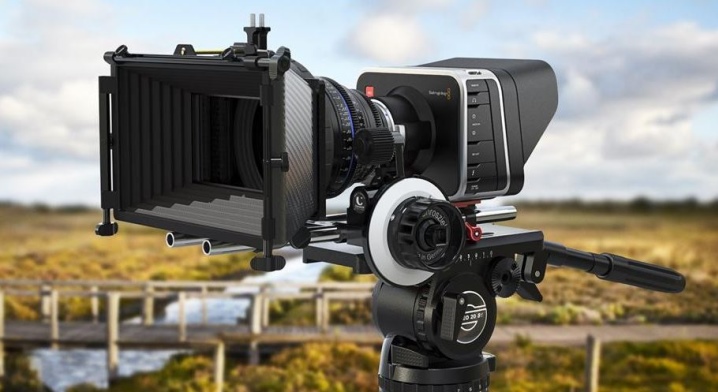
Human memory, alas, is short-lived - we need visual reminders to remember the visual appearance of even the closest people, long-abandoned homes, and so on. With the advent of first photo and then video cameras, the situation has changed dramatically - it became possible to show viewers even what they had never actually seen. And if cameras went to the masses quite quickly, then video cameras ceased to be purely professional equipment only twenty to thirty years ago.
In the last ten years, they have been strongly supplanted by smartphones with cameras of good quality, but still it cannot be said that video cameras are already completely outdated. In many situations, they will still be indispensable, which means it is worth understanding this type of technique.
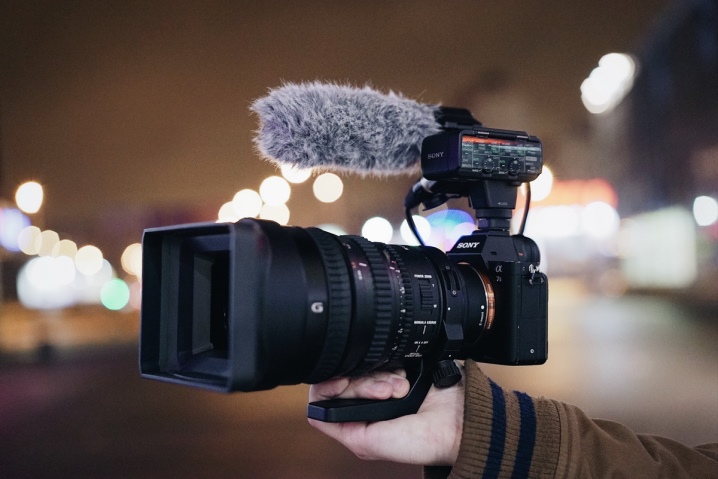
What it is?
If you ask a similar question to any adult, he will probably give only a partial definition of what a video camera is, because such devices are very multifaceted, and their different versions have markedly different functionality. The most correct, albeit incomplete, answer would be that a camcorder is a video camera, that is, the output is not a static photo, but "moving pictures".
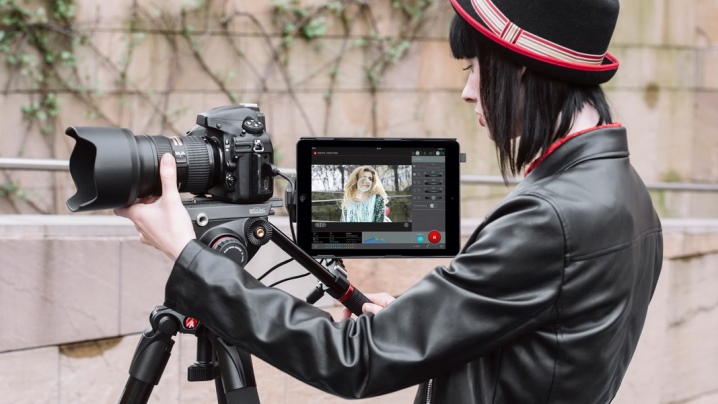
The original cameras were very bulky, and were essentially a camera that worked at an accelerated rate, capturing many frames per second on film. The first models were not equipped with a microphone, so they only wrote a picture, which clearly demonstrates a silent movie. To view the footage, you had to remove the film, develop it and use the projector. Due to the complexity of the procedure and the not too impressive result, such equipment has long ago fallen out of use.
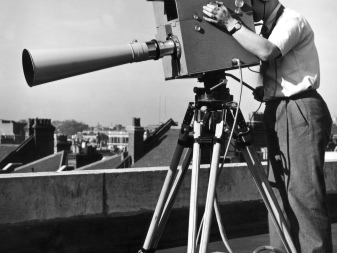
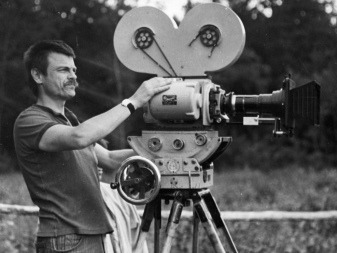
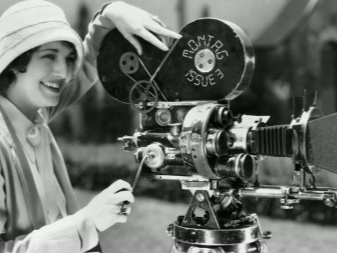
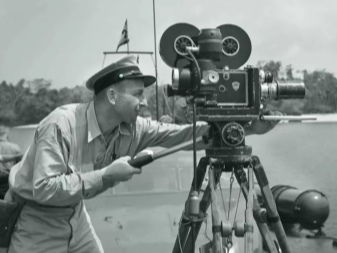
Over time, they came up with a film with a sound recording track - this did not make the camera compact, but it allowed adding sound to the picture, capturing everything that happened in detail. With the help of equipment of this type, most of the old (and not so) films were shot, for a long time television stories were filmed in the same way.
The most important breakthrough came with the advent of digital filming technology, which in the coming years threatens to finally destroy the competitor in the face of film. Cassettes are no longer needed in such equipment, because the information is recorded on a digital medium and can be easily copied or rewritten. At the time of the invention, it was a rather expensive technology, but over time, digital media began to become more compact and cheap, and as a result, amateur mini cameras appeared, available to any consumer.
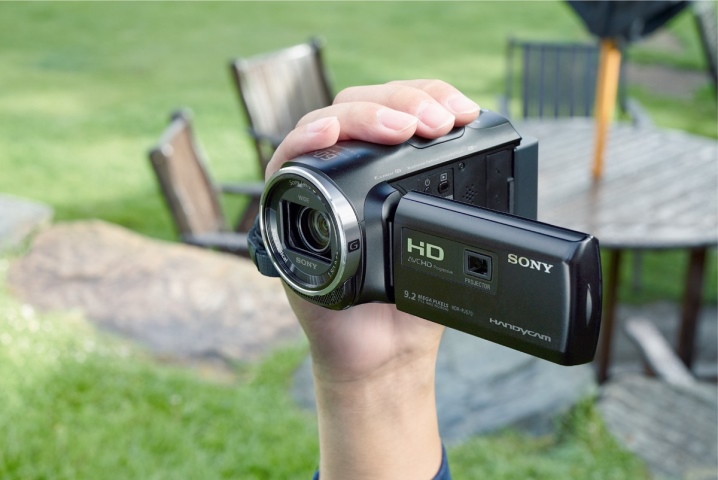
Two more technologies have become a real breakthrough: the ability to transfer footage in digital form and instantly view the video directly on the camera, which has acquired its own small display. If the latter is the norm for any modern video camera today, the former is still the prerogative of professional models. However, even from this brief excursion, it becomes obvious that a video camera is a very loose concept.
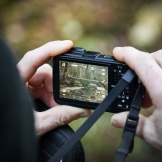
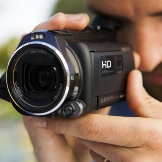
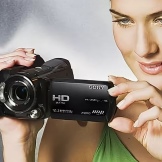
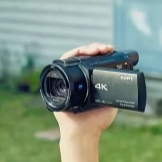
Species overview
The question of the classification of video cameras should be considered controversial, since it is not so much about individual types of equipment, but about a set of specific characteristics,which are combined in the most unexpected combinations and automatically send most of the units to an intermediate position between the individual categories of equipment. Nevertheless, it is necessary to consider the main characteristics, otherwise there can be no question of an adequate choice of the model. We have divided all such equipment into three classes according to the criterion of the scope of use, but within each class there can be a lot of different sub-variants.
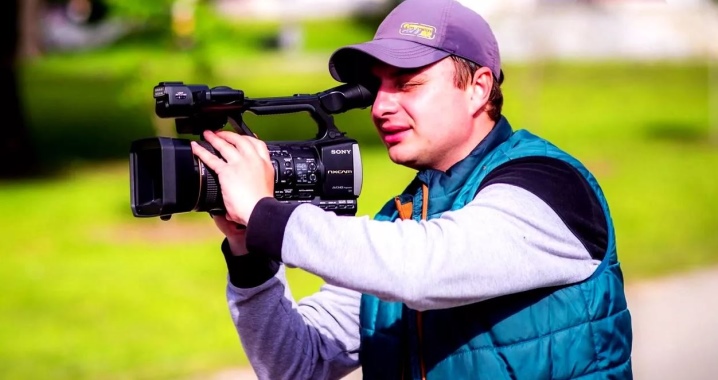
Household
The class of consumer cameras seems to be the simplest in terms of description, since they are literally the simplest and in most cases the cheapest camcorders designed for home use. In all cases, these are handheld models, which, if desired and the need for a stable position, can be mounted on a tripod, although the compact camera is easy to hold in your hands even when shooting a long video. You should not expect impressive functionality from such a technique, and even, on the contrary, it is specially made with the expectation that you do not know how and do not want to professionally learn all the intricacies of setting the settings.


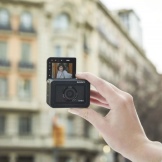
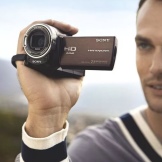
As a rule, there are several standard shooting modes that will not provide the perfect result, but will allow you to capture the important moments of your own life well.
This category also includes a semi-professional DSLR or mirrorless camera. Such cameras occupy an intermediate position between household and professional ones, since they are much more expensive than ordinary home models, are equipped with good components, boast decent shooting quality and the ability to fine-tune the parameters. Such equipment can also be used by professionals, but not of the highest level - a provincial videographer will certainly not be ashamed of such a camera at weddings and other holidays, but TV people will probably choose something even more serious.

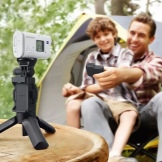
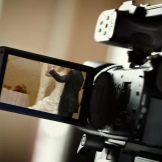
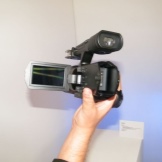
Professional
The very fact that any equipment is classified as a professional one usually indicates that these are already the best samples in the industry. Most of the videos that are broadcast on TV channels, and even are laid out on video services, are the product of professional models. In an amicable way, only a real operator with the appropriate education, or at least an amateur who is fanatically interested in shooting and spent many hours reading specific literature, can get the most out of such equipment.
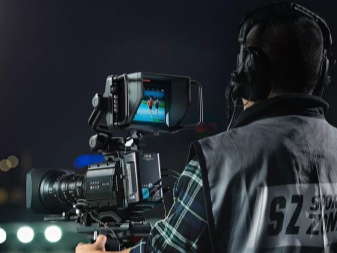
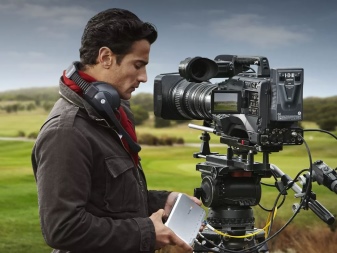
Professional camcorders are used only with a stabilizer, regardless of whether it is purchased separately or provided by the design of the camera itself. The adequacy of such a technique in general very much depends on additional accessories, like the same tripod, because the results of its work will clearly show the slightest flaws, such as shaking hands of the one who holds it.
Nevertheless, with the right approach, a professional video camera provides the best picture, especially since in many cases it is possible to select the optimal microphones and lenses.
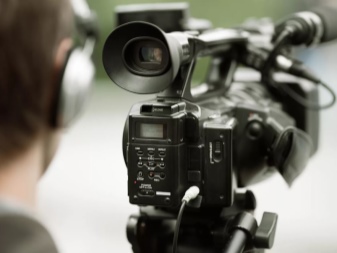
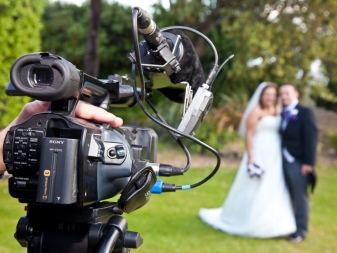
Any professional camcorder assumes the ability to fine-tune the parameters, but at the same time it can be specially sharpened for specific needs. For example, there are models for macro photography - they allow you to shoot very small objects in the highest quality, thanks to which we can see how a raindrop falls on a plant leaf, or how insects behave. Professional cameras are also suitable for high-speed shooting, which is actively used in sports broadcasts - thanks to the faster shooting of frames, we now have access to slow-motion replays that no longer blink individual images like ten years ago.

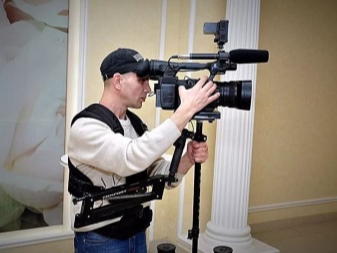
Special
Although the name suggests that special video cameras are some kind of special and outstanding technique, in practice, in most cases, it turns out to be just the opposite - that it is sometimes even too simple and could be used even in everyday life. The main characteristic of such a technique is its focus on a certain type of activity, which in fact does not allow the equipment to be used in any other area, except for the one for which it was created.
The most striking example is a video surveillance camera, which really does not have any parameter settings, and which often does not even have its own digital drive, connecting to a computer.
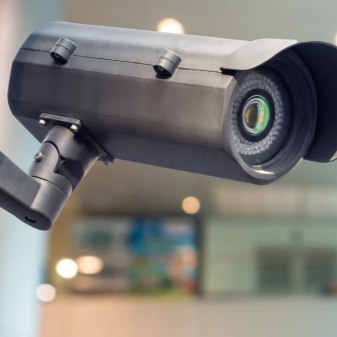
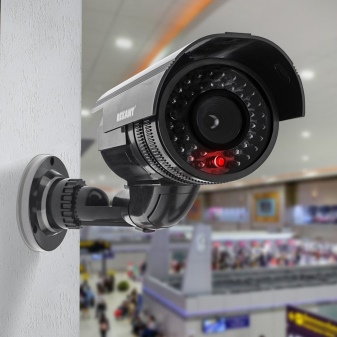
Such equipment can hardly be bought by accident - it has the area for which this camera is needed, right in the name on the price tag, so you will not confuse it with household equipment. Some types, such as medical video cameras used in endoscopy, are not generally sold in regular stores - they can only be ordered. In most cases, all special video cameras are very small, often inferior in size even to a smartphone.
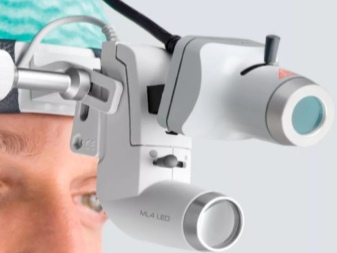
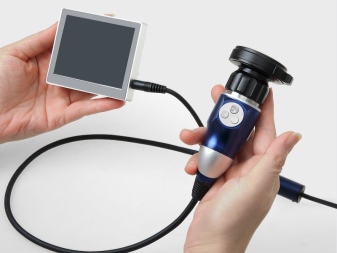
Popular brands
For many consumers who do not have much experience in choosing technology, it is not so much the characteristics that are important as the good name of the brand. In a sense, such an approach is justified - at least you will not buy a unit that will break down in six months, although we still insist that the video camera must be chosen strictly for yourself, and there is no point in chasing a certain company if its model does not correspond to those exhibited your criteria.
At the same time, we have nevertheless collected some top manufacturers that are considered worthy, according to reviews of amateurs and professionals.
- To begin with, the absolute trendsetters in amateur and semi-professional photography are Nikon and Canon... Both brands cannot be called budget, although there are much more expensive cameras. The lineup of both is impressive, so it's better to compare them not as a whole, but one model from each, taking into account the characteristics and cost.
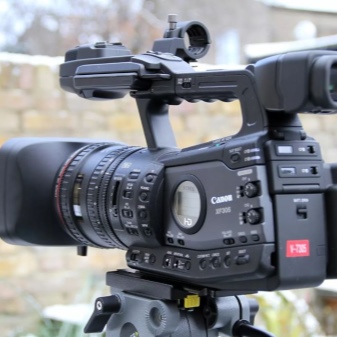
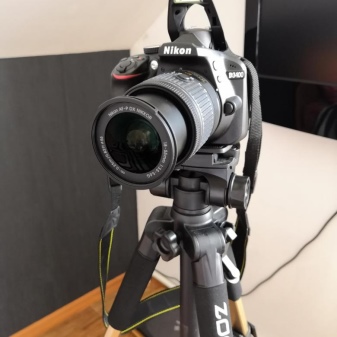
- In recent years, the duo of leaders has been successfully trying to dilute Sony, so that the products of a well-known Japanese company can also be considered.
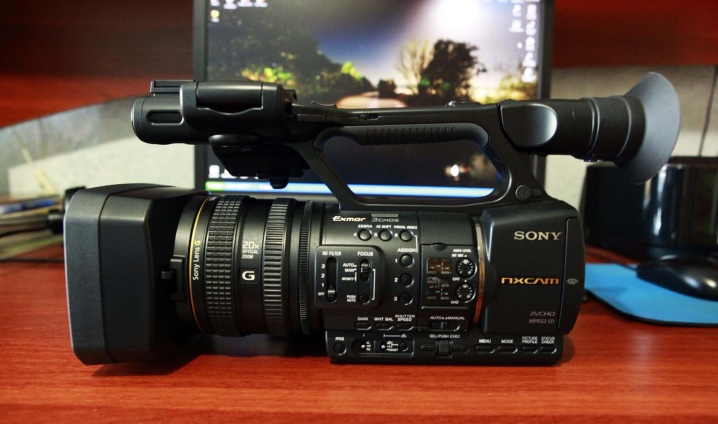
- Will cost a little cheaper Lumix or Fujifilm cameras, while they also cannot be called bad, although they are more amateurish.
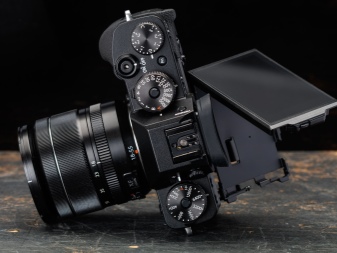
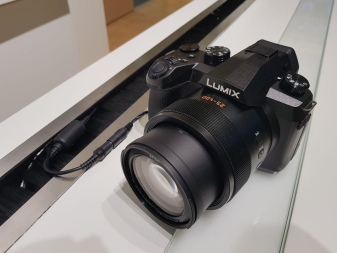
There are also a number of other worthy brands that are still lagging behind, but not so significantly.
Accessories
If we are not talking about the cheapest version of a video camera, then the equipment will certainly be equipped with one or another connector or mounts that will allow it to be used in combination with various special accessories. Real professionals actively use them, and constantly and in large numbers, since the camera itself, even a very good one, cannot come close to giving an ideal picture.
Consider a few accessories that can help you shoot your dream video.
- First of all, we will mention cables of various typesrequired to make full use of the various camera interfaces. In the household model, there will be few of them. And the whole set can easily be limited to a single USB. The creators of professional units never think that their brainchild is already perfect, therefore they admit that the operator may want to use additional equipment - for this, additional jacks are made that allow you to connect external microphones, output a signal in analog format, connect to any equipment via HDMI or even more. specific connectors. All of these interfaces will be meaningless if the appropriate cord is not at hand.
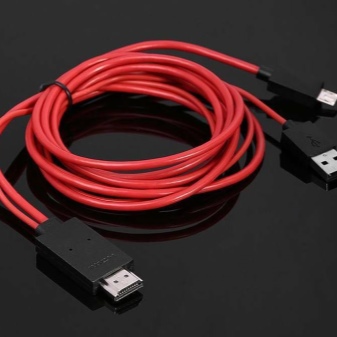
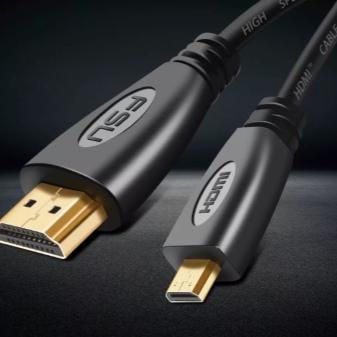
- Another essential accessory is the TV tripod. No operator, even the most experienced and hardy, is able to hold the camera in his hands without shaking at all, especially for a long time.At the same time, any unforeseen jolt, even a slight one, will immediately appear in the picture taken by a good camera, therefore, most of the reports filmed from the scene and do not imply a quick movement of the camera are filmed with a tripod. The same tripod in some models allows for smooth rotation of the camera around its axis, neatly and without jerking, which is used for shooting panoramas.
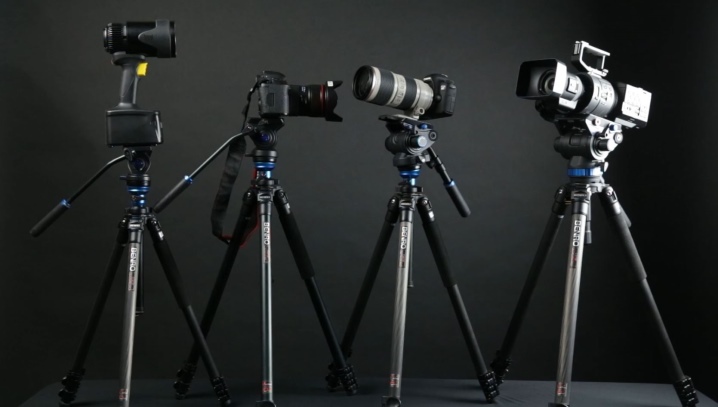
- If the above-described accessories can often be found even in the arsenal of an amateur, then dolly - this is really professional equipment. How it works is known to everyone who watched old films and especially TV series - they loved the technique of hitting a video camera, which in a larger shot snatches out the face of one of the characters who is experiencing vivid emotions at the moment. In fact, this is the same tripod, but a movable one, which provides the camera with stabilization and protection from shaking during movement.
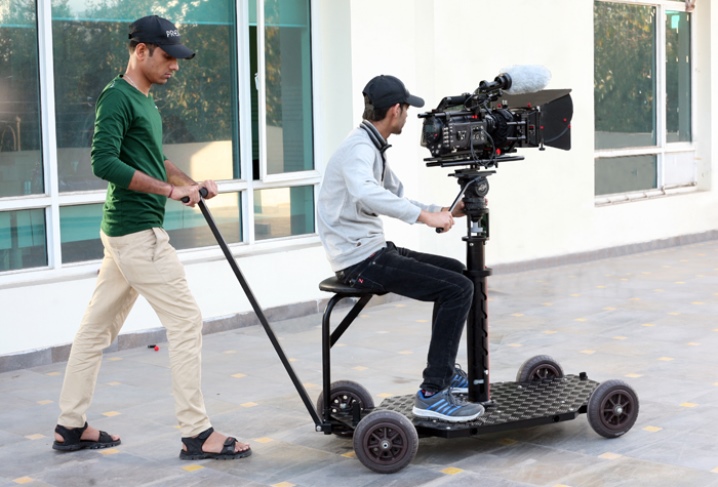
- An even more sophisticated technique is the camera crane. By the principle of its action, it is similar to an ordinary construction crane, with the only difference that it does not pick up or lower anything - a video camera is always fixed at its end. This technique is most commonly used in studio environments because it takes up a lot of space, requires a lot of space and requires a solid power supply. How it works can be seen in numerous TV shows, where the camera literally flies around the hall, showing the host, guests and audience from smoothly changing angles.
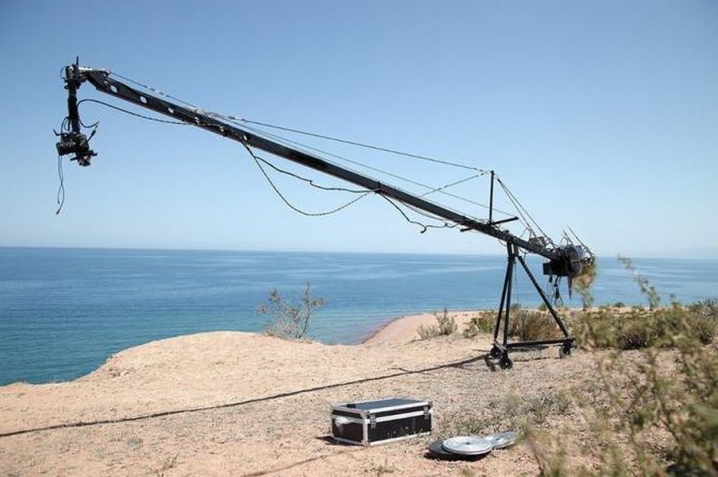
- Steadicam, or stabilizer - a fashionable device in recent years, which has fallen in price over the course of a decade and has become very compact, thanks to which it is widely used even by amateurs. The performance can be completely different, and there is no doubt that a cheap steadicam gives the same high-quality result as an expensive one. The principle of operation is similar to the work of car springs - the stabilizer suppresses sudden jerks, makes any camera turns smoother, due to which the picture looks more attractive.
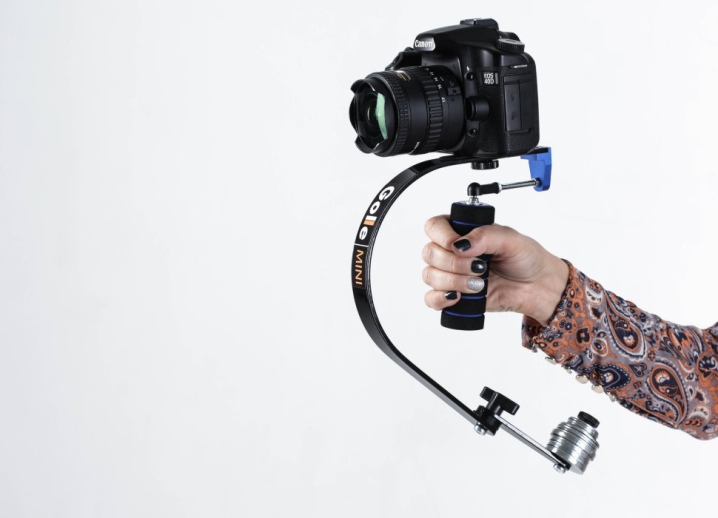
- Separate lighting equipment Is another category of accessories that allow you to squeeze more out of your camera. There is nothing to explain here - you simply cannot shoot an object well if it is not clearly visible, and additional light will solve this problem.
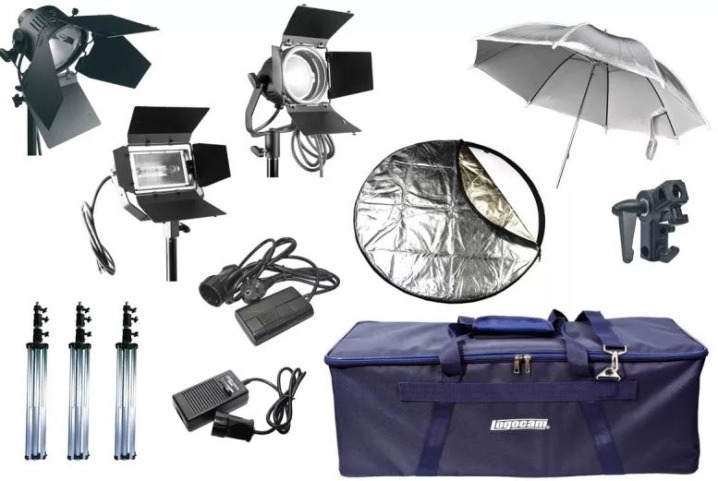
- Finally, we should mention light filters, which are sometimes also used in work with video cameras. This is a kind of additional lens, which differs from the standard one in terms of light transmittance, ideally transparent. Thanks to the use of such an accessory, a part of the visible spectrum is eliminated, as a result of which an ordinary camera can immediately shoot in sepia or any other color scheme that differs from the usual one. This allows you not to do post-editing, despite the fact that a light filter, even a good one, is relatively inexpensive.
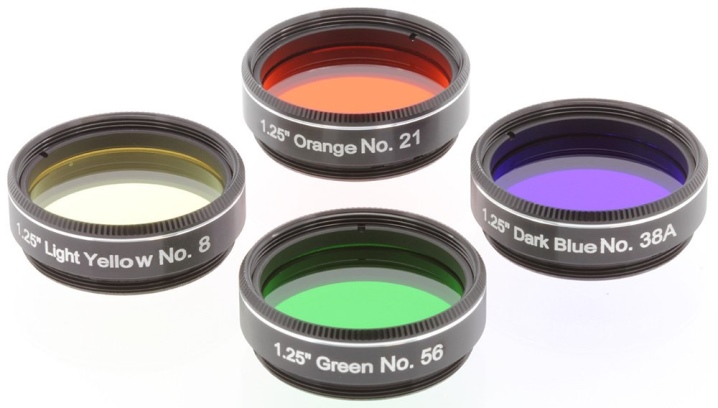
How to choose?
The variety of available video cameras makes the consumer doubt what kind of equipment will be able to solve all the problems. Here it is important to understand that you should always start not from your own capabilities, but from your own needs, and that the camera itself in many cases is only half of the equipment required for excellent shooting. Let's say you don't need the same expensive camera for home video shooting as for filming movies, but that also doesn't mean that you should opt for the cheapest equipment. Take your average consumer-grade camera and you have enough head and shoulders for capturing the moments of your home.
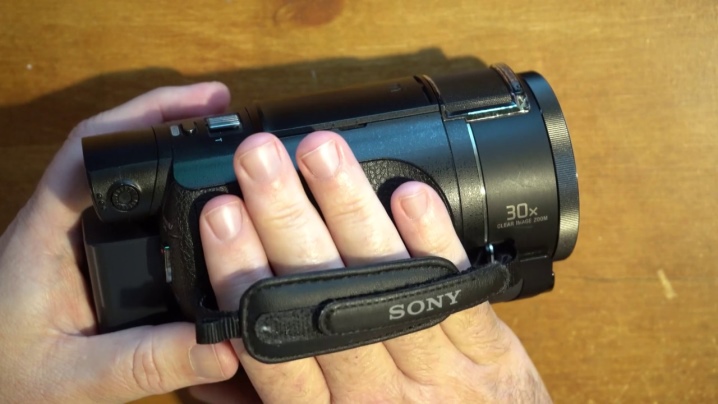
Spend the remaining money on accessories, and thanks to lighting devices you will be able to shoot indoors, and with a tripod or a good steadicam you will receive good homemade clips from weddings and concerts, in motion or static.
Choose small cameras that are always convenient to take with you on the road, especially if you want to shoot in hard-to-reach places. For extreme shooting, special action cameras like GoPro are produced today - they are extremely compact and wide-angle, they are not afraid of moisture and shock. For long-term shooting, stock up on a unit with a powerful battery, but do not forget that a really capacious battery cannot weigh little.
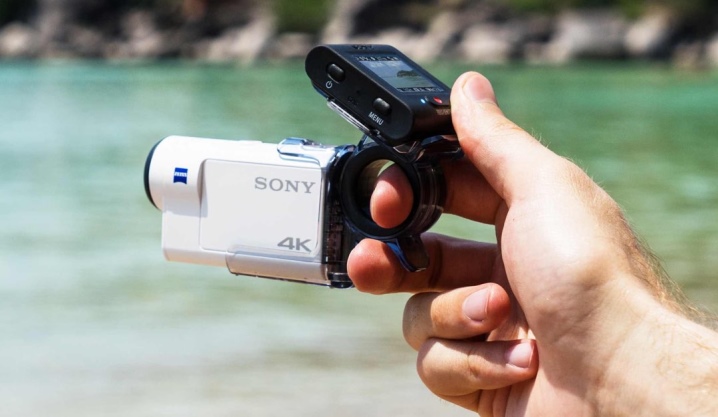
Anything that seems more complicated to you requires more sophisticated equipment. For high-quality slow-motion shooting, you need a technique that can do this - it costs more. Reportage requires both a good camera and a wide range of accessories to adapt to ever-changing conditions. When choosing a model for filming, whether it be subject shooting or your own production of cartoons, you must understand that someone will watch your creations on the big screen, which means that the picture quality should be close to ideal.
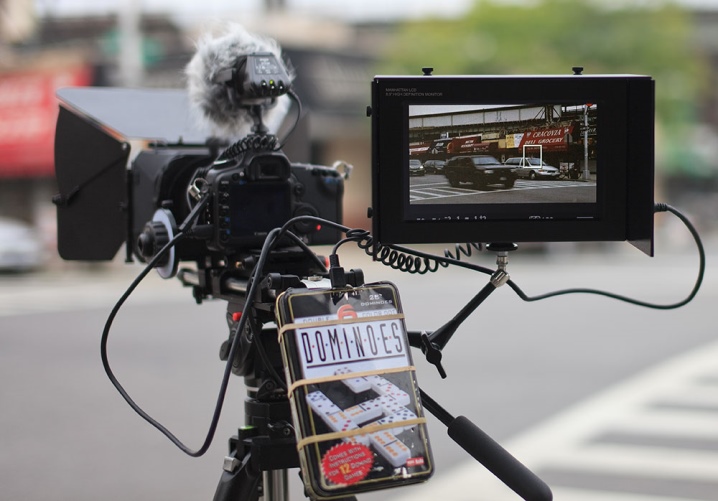
How to use?
It is not for nothing that there is a separate profession of an operator, which involves lengthy training - it kind of hints that even the coolest camera in "crooked" hands will not show its best side. For example, beginners are advised not to shoot by weight - even if you do not have a tripod or the idea does not allow using it, hold the camera in one hand and support the first hand with the other - this will create the effect of a primitive steadicam. Holding the camera in your hands, press your elbows against your body or rest them on your stomach to reduce rocking and smooth jerking. Separately, it is worth training a soft, "cat" gait, and until it is mastered, it is better to walk less with the camera.
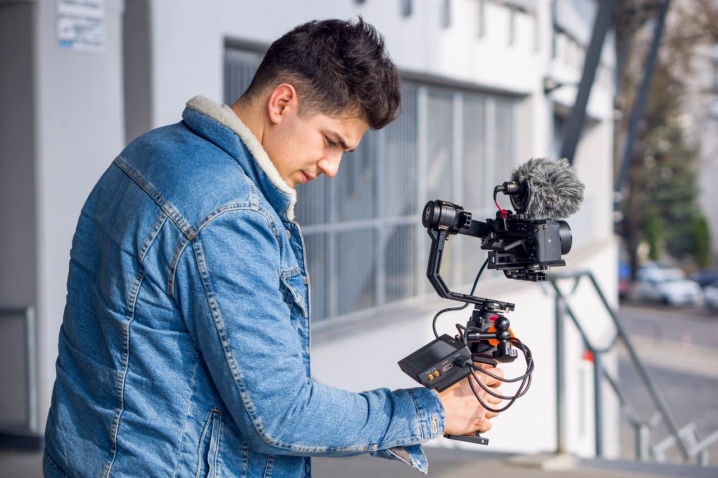
Another important point is the use of the zoom. Today, in digital form, it is present in any camcorder, but it should be used to a minimum, because collisions are too sharp, and an overly approximate picture begins to tremble so that it is sometimes impossible to make out the outlines of objects. If you still need a zoom, and you have the opportunity to use its optical version, forget about the existence of digital zoom for a long time.
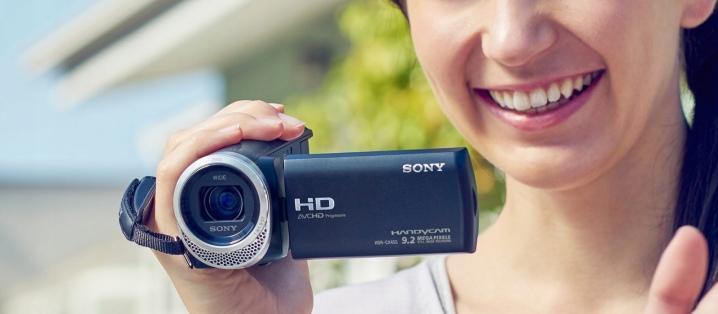
When moving the camera, never lose the frame - constantly look through the viewfinder and quickly (but smoothly!) React to changes. A typical beginner's mistake is skewing horizontally or vertically, and this problem can be solved only by constant orientation to the visible "levels" - usually pillars, corners of buildings, lines of windows, and so on. At the same time, take into account the perspective, because the receding straight line will seem oblique to you.
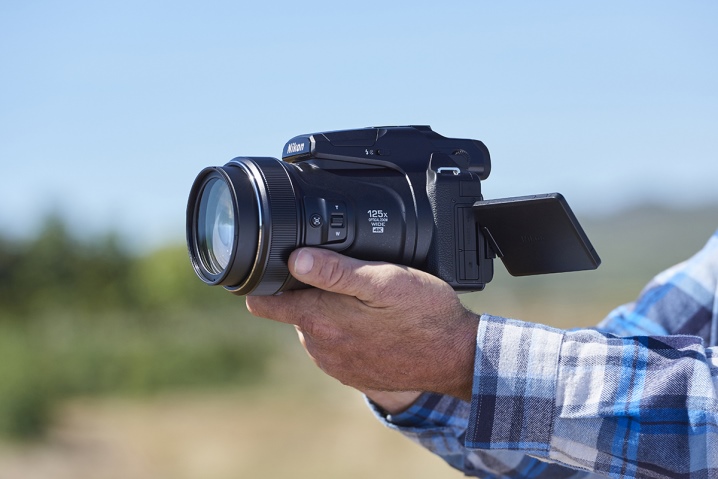
In the camera industry, it is also not customary to use a long frame - it is present in the camera business, but it is a "feature" of rare masters and nothing more. Even if you are constantly shooting the same object, move, look for a different plan, do arrivals, otherwise the viewer will simply get tired of the same angle, and you will be known as a mediocre operator. One position for one object longer than 5 seconds is already considered an overkill.
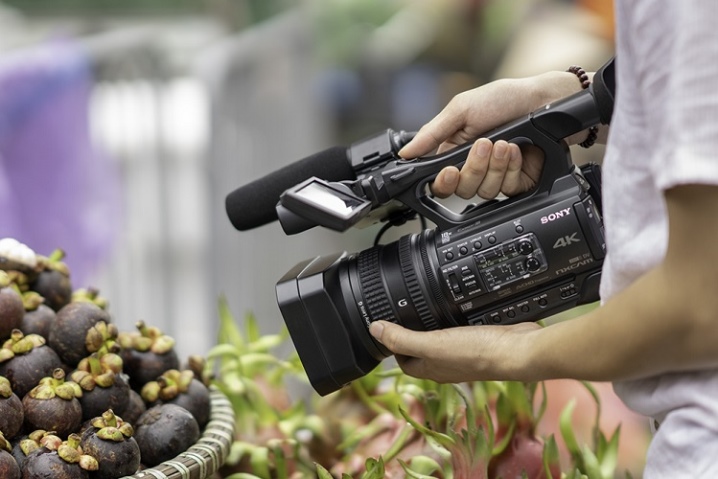
If you get to arranging lighting, try to use multiple fixtures at once so that the shadow of one person or object does not overlap part of the frame. When shooting indoors, carefully adjust the white balance, otherwise bluish or yellow tinges of faces will become the norm.
Finally, not entirely correct is the approach when the operator removes something located below, from the height of his height. If this is a child or an animal, it is customary to shoot him from the level of his face or muzzle - after watching any professional video, you will understand that this is an absolutely mandatory rule.
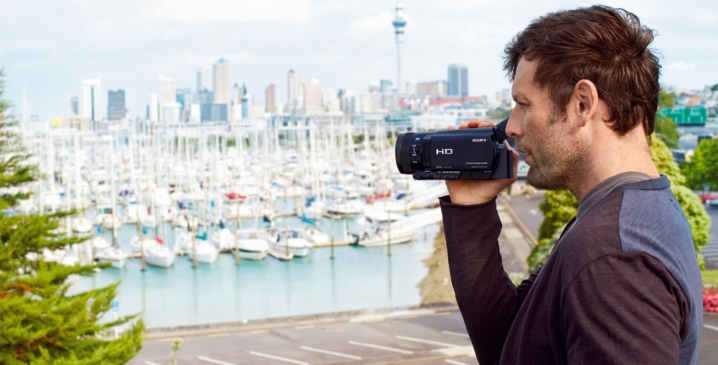
For how to properly use your camcorder, see the following video.













The comment was sent successfully.